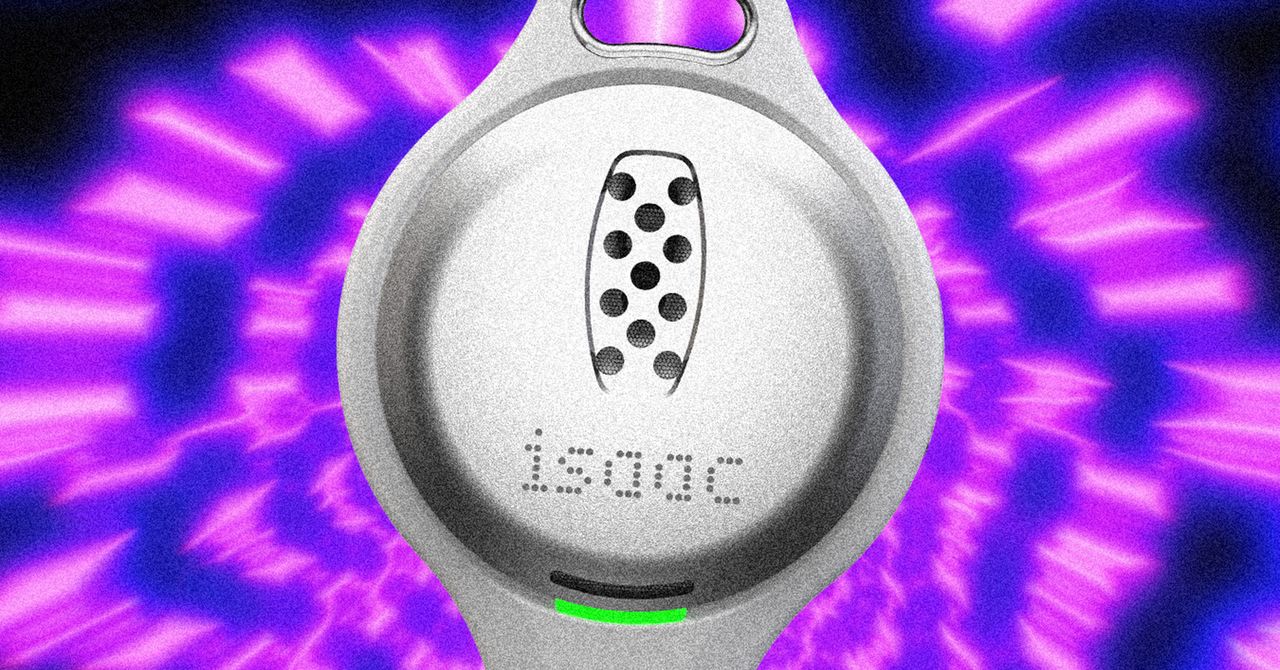The wearables industry has solved the relatively easy stuff: step counting, sleep tracking, fitness coaching. It has also solved more complex things like detecting atrial fibrillation and sleep apnea. While all of these biometrics are useful, the…

The wearables industry has solved the relatively easy stuff: step counting, sleep tracking, fitness coaching. It has also solved more complex things like detecting atrial fibrillation and sleep apnea. While all of these biometrics are useful, the…